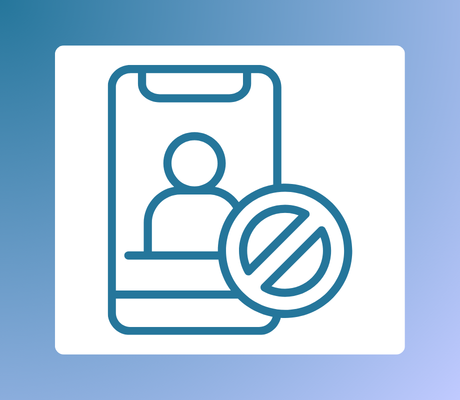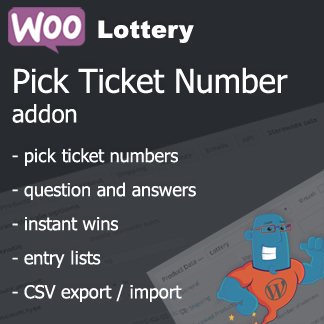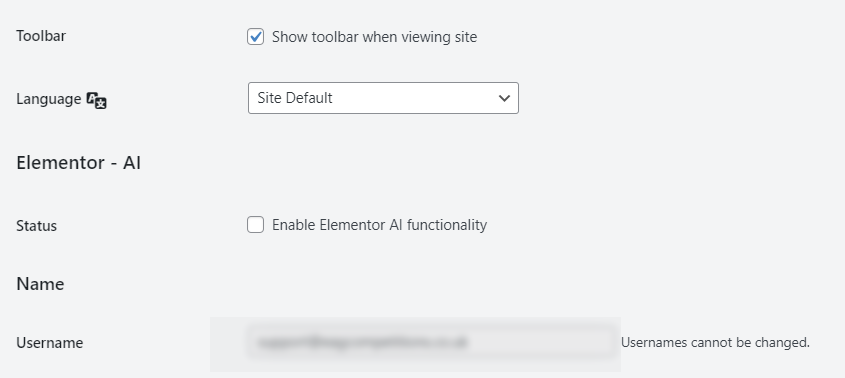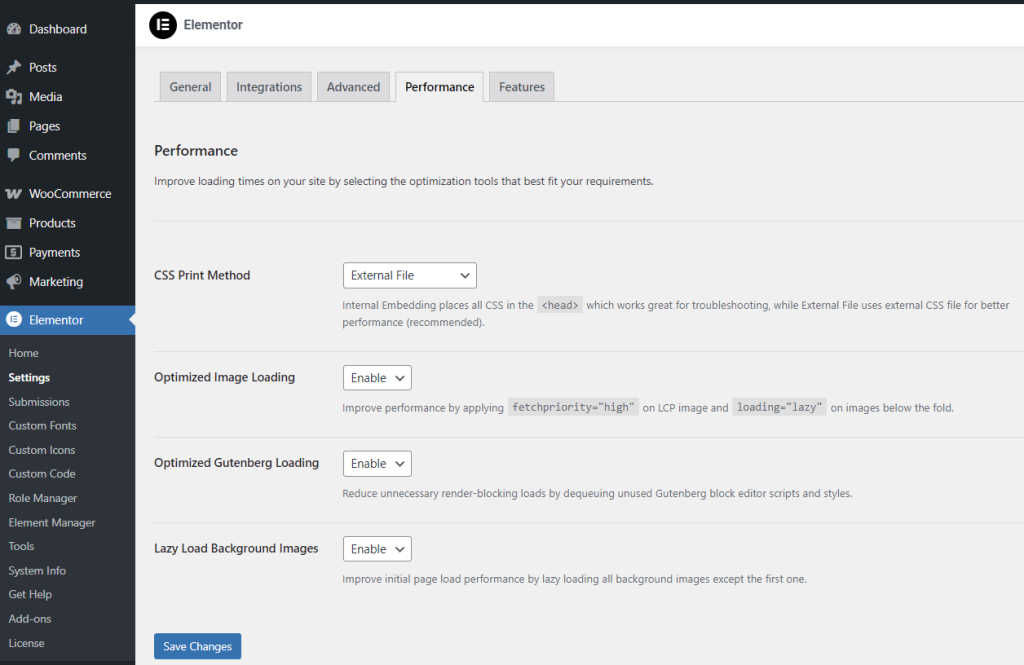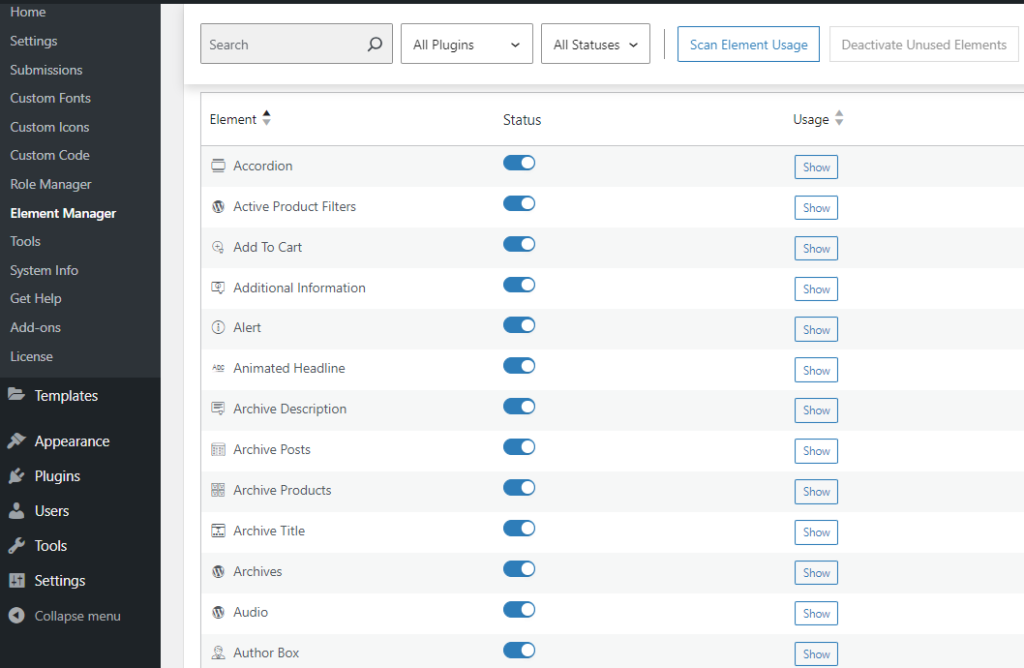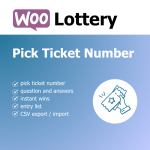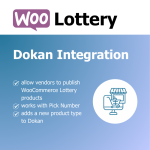We’re thrilled to announce the launch of the wpgenie.org newsletter, a resource many of you have been asking for! Our newsletter will bring the latest plugin information right to your inbox, including monthly updates and news directly from the wpgenie devs. You’ll also get expert advice on optimizing your WooCommerce site and handy code snippets to help you customize and enhance your online store. Whether you’re a developer or just starting your e-commerce journey, our newsletter is designed to provide you with valuable insights and updates related to our plugins.
We’re offering specialized groups to ensure you receive the most relevant content. You can subscribe to a dedicated group for our WooCommerce Simple Auctions and WooCommerce Lottery & Pick Number plugins, or opt for the general group covering all our other plugins.
Choose the option that best suits your needs and stay up-to-date with the tools that power your online store!

